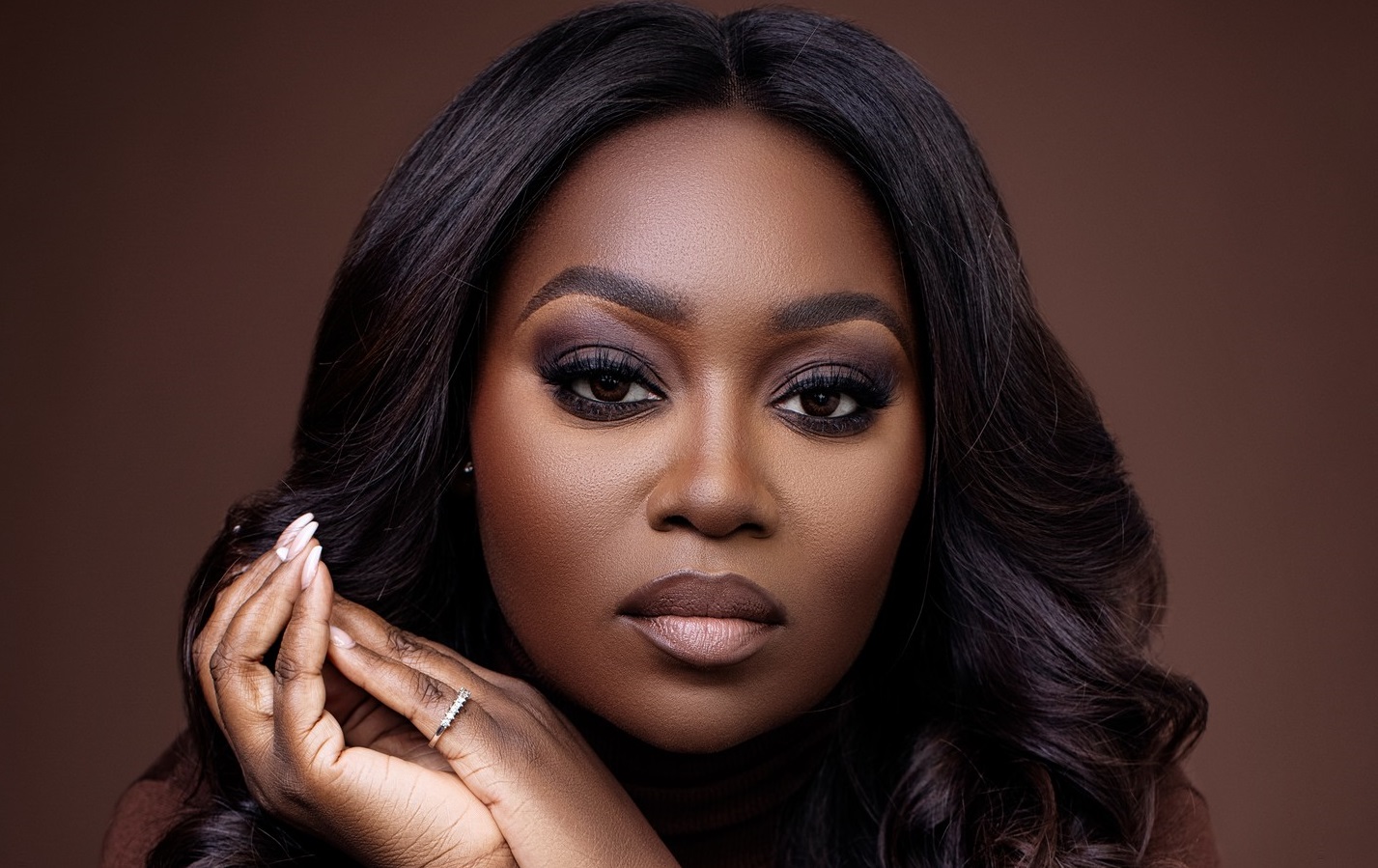Peace Hyde is no stranger to breaking boundaries in African entertainment, and GQ South Africa is giving her flowers. The magazine’s February cover dives into her journey, one that has seen her reshape unscripted television, tell powerful African stories, and create shows that keep audiences hooked.
For nearly a decade, Peace Hyde has been behind some of the most talked-about shows on the continent. She launched Forbes Africa’s TV platform, bringing us “My Worst Day” and “Against All Odds,” where she sat down with Africa’s business giants like Aliko Dangote, Folorunso Alakija, and Cosmas Maduka to talk about their biggest failures.
Her storytelling doesn’t stop at business. Peace Hyde’s investigative documentary, “Inside Nigeria’s Push to End Police Brutality,” aired on Vice News and picked up four international film festival awards, including wins at the Los Angeles Film Festival and the UK Top Shorts Awards.
Then came “Young, Famous & African,” the Netflix reality series. The show’s first two seasons topped charts and the latest season is currently dominating screens across Africa. The series even bagged the Best Structured Reality Soapie award at the 2024 South African Film and Television Awards.
In her GQ South Africa interview, Peace Hyde talks about the future of African entertainment, her career as an award-winning journalist, how she’s redefining what unscripted television looks like, and finding purpose in philanthropy.
Here are some excerpts from the interview:
GQ: With Young, Famous and African, you revolutionised African TV from the perspective of dispelling the old held beliefs about the continent. How do you feel Africa’s perception is changing since launching the first season?
Peace Hyde: I think the success of the show has had quite a significant impact on the global perception of Africa. This project is compelling for me for a number of reasons. I was born and raised by a Ghanaian mother in the UK at a time when it was not cool to be African.
I remember people getting teased in school about the way they spoke or about how dark their skin colour was and even when I began my career as a science teacher years later, where I taught chemistry, physics and biology to high school students, this trend was still prevalent. I am talking about just a decade ago, before I relocated to Ghana.
I believe in the power of storytelling. I believe that it has the ability to not only entertain but also dispel notions that we have held on to for years. I remember being in Los Angeles and having a conversation with an African American friend of mine who had never been to the African continent and she asked me if we had roads? That stayed with me and I think it was the catalyst that sparked YFA.
GQ: What do you say about the negative comments about the shows drama and propelling negative stereotypes about Africa?
PH: I read a comment that said the show is a wrong depiction of Africa because we have so many people who do not live like the cast members so why do we not show a balanced view? As a continent our stories have been written for us by others for years, and it has been told through the eyes of people who are predisposed to only see one part of the narrative – the ugly side.
Our goal is to embrace what makes us unique but also celebrate the stories of aspirational upwardly mobile Africans who have made it out the mud.
Reda the full interview here.



